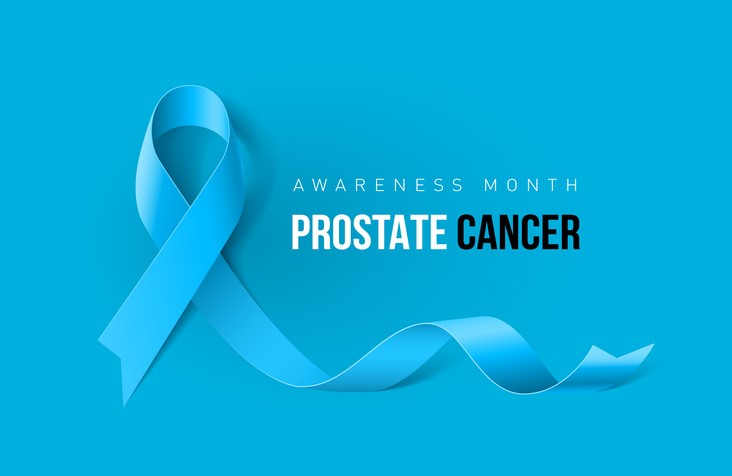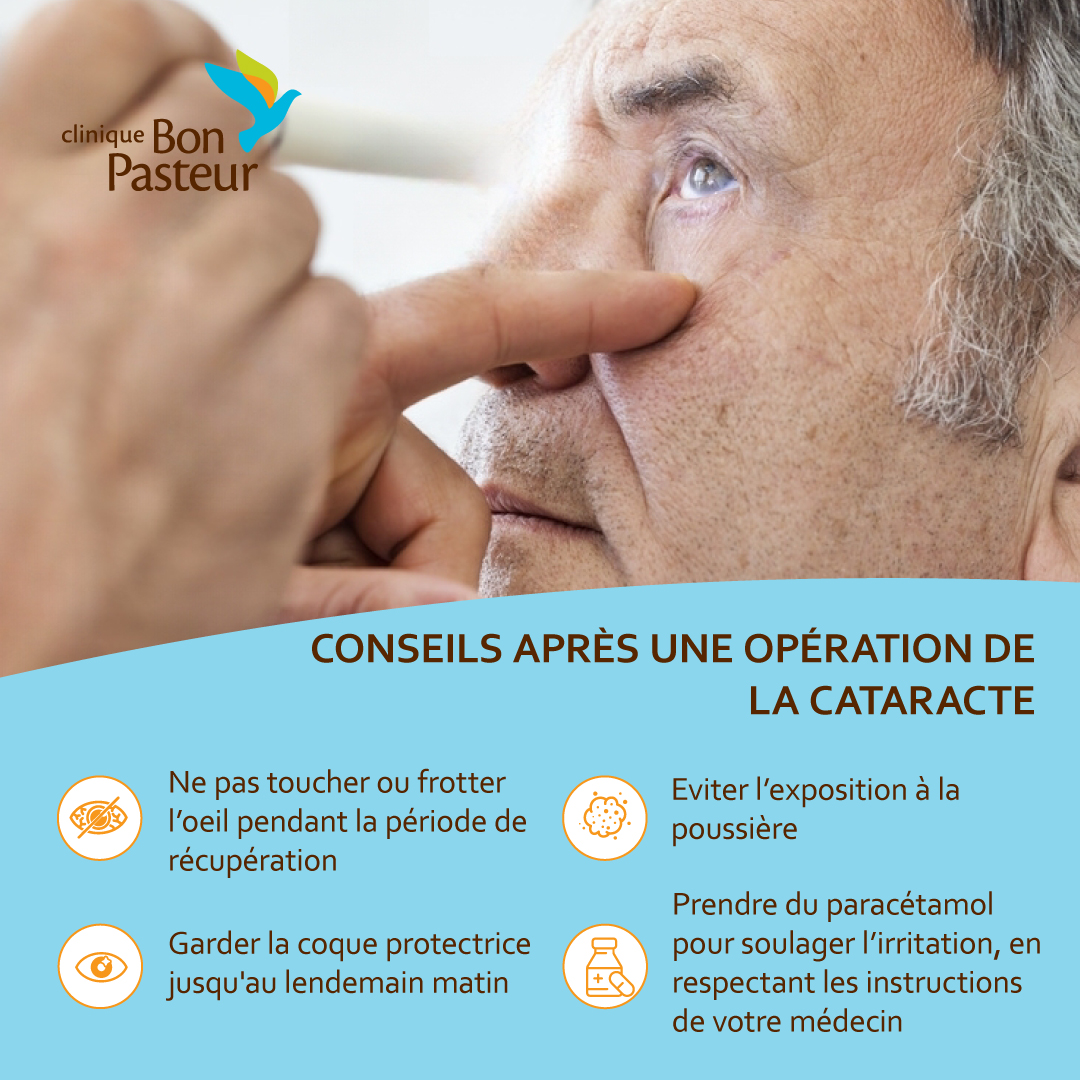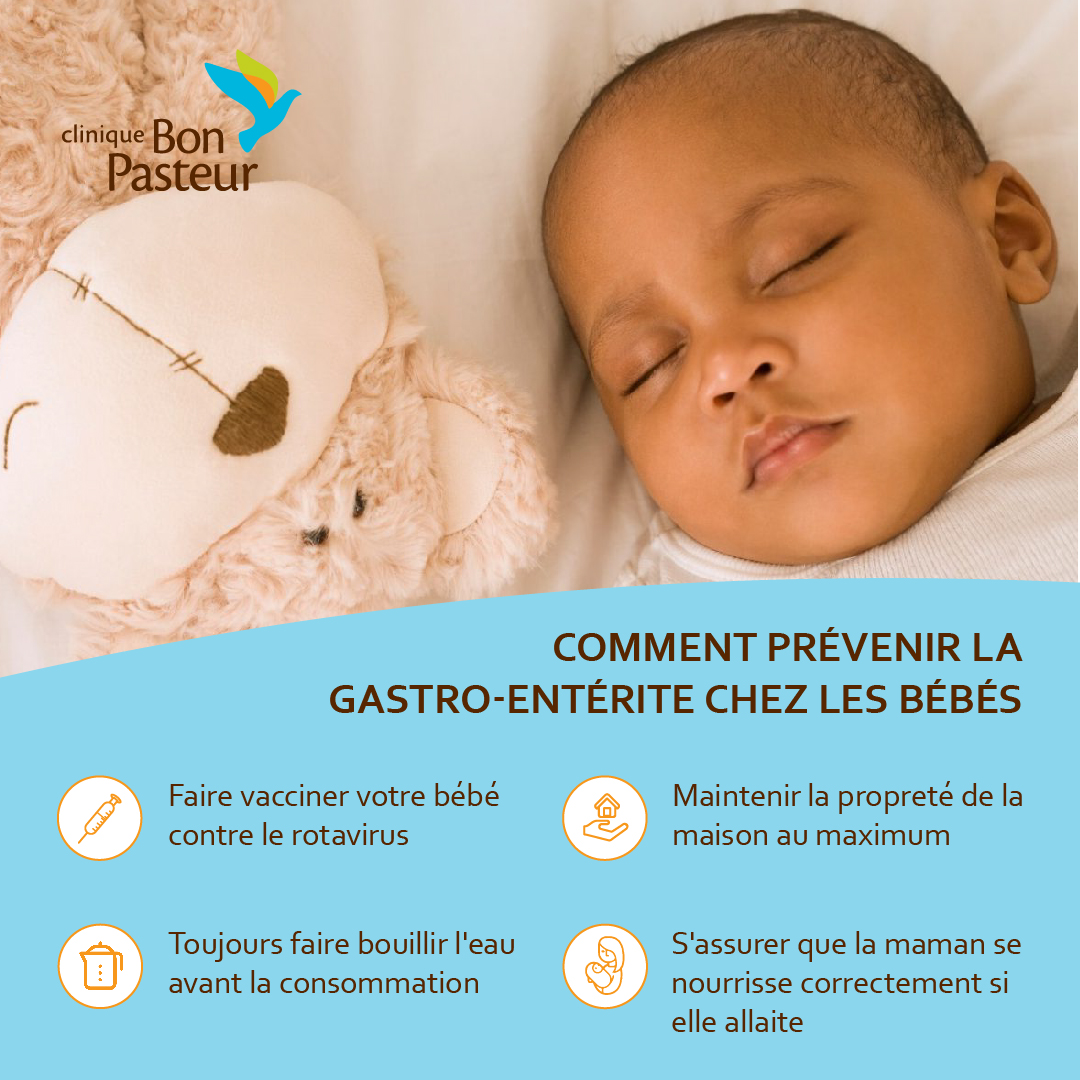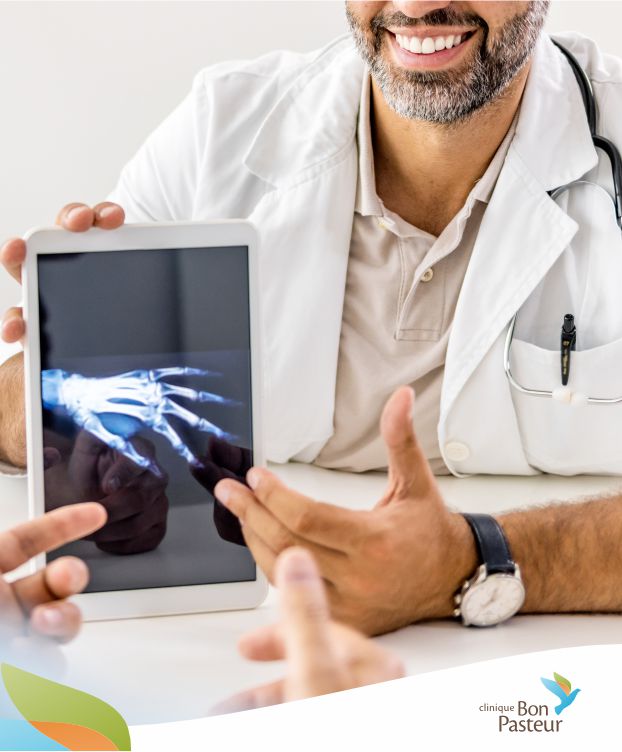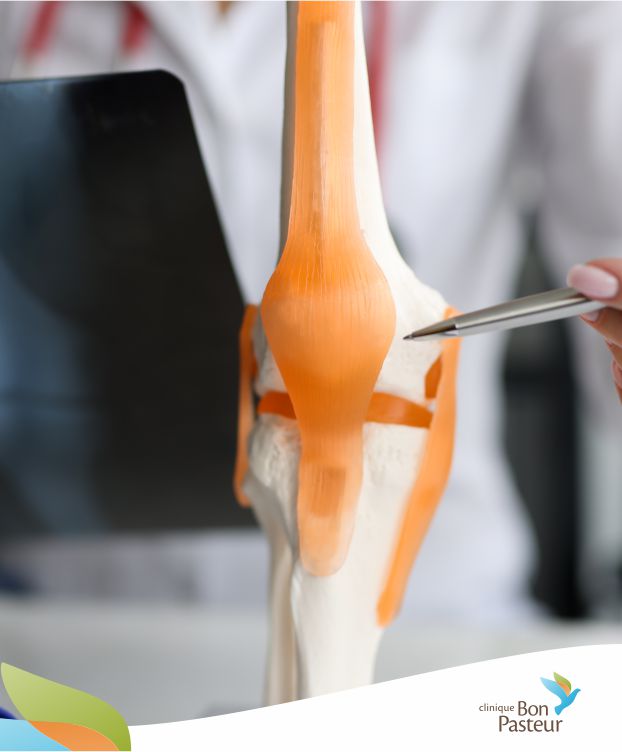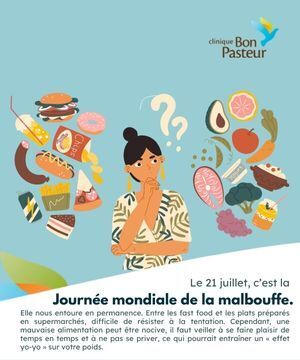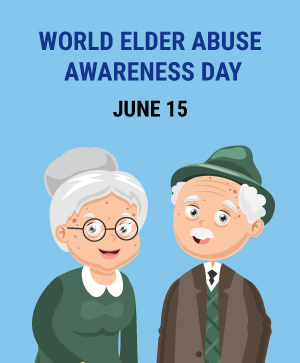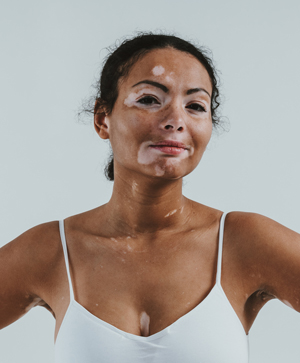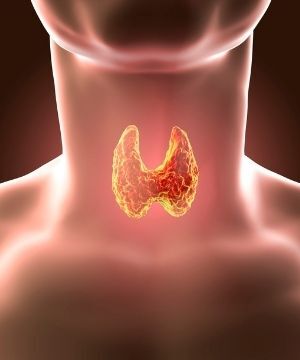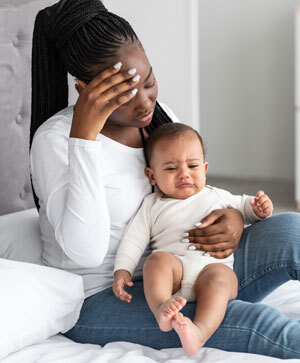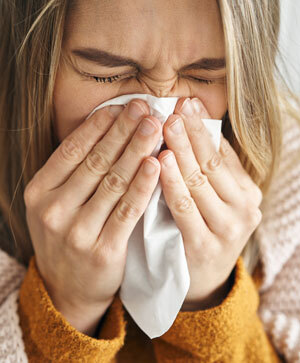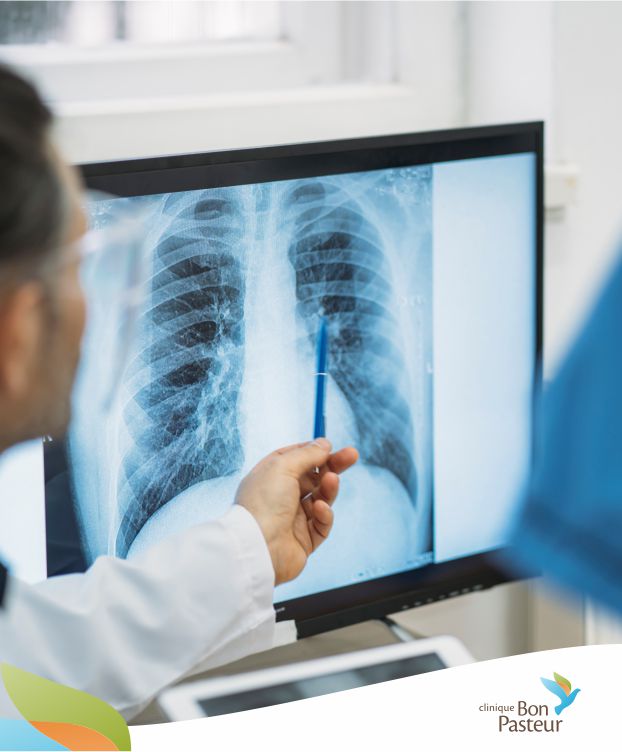Facing Covid-19
December 20, 2021
The end of the year has been somewhat hectic with the explosion of Covid-19 cases, ever since the month of August, leaving the Mauritian population between uncertainty and panic. To address the situation, the Clinique Bon Pasteur, like many hospitals and private clinics, has therefore put everything in place to provide its patients with a safe and secure space, where their health remains the priority. Dr Tadebois, Medical Director of the Clinic, is giving us a feedback.
As Covid-19 is sweeping across the country, hospitals and clinics are scrambling to maintain high-quality treatments for their patients, while providing them with a safe and continually sanitized space. At the Clinique Bon Pasteur, the Hippocratic Oath is taken seriously. ‘Our primary mission here is to welcome everyone and provide them with the necessary care,’ says Dr. Tadebois.
If the Clinic spares no effort to meet all needs, it does however have its limits regarding the treatment of severe Covid-19 cases. ‘Patients suffering from a severe form of Covid-19 must imperatively be taken in charge by competent doctors in an Intensive Care Unit,’ the doctor further explains. Since the clinic does not have this type of structure, such patients are transferred to other centres to receive the most adequate treatments for their condition. ‘It’s more or less the same thing as with certain strokes or myocardial infarction, depending on the conditions: we are not equipped for such interventions and prefer to transfer patients in such cases to ensure them the best possible treatment,’ adds Dr. Tadebois.
Although the clinic does not have the appropriate structures to treat serious cases of Covid-19, it has all the same implemented many protocols to prevent the spread of the virus and ensure patients’ safety. First, a PCR test is performed on all patients prior to admission, and if they are found positive to Covid-19, they are referred to a more adequate treatment centre. ‘Even so, whether Covid-positive or not, we remain committed to dealing with all emergencies,’ Dr Tadebois points out.
Besides the testing, there is a whole series of measures, which are applied as soon as the patient arrives. This also extends to visitors, since visits to hospitalized patients are still possible. Temperature check, hand sanitation, and verification of the vaccination record all serve as barricades to hamper virus spread. In addition, whenever visits are taking place, only one person at a time is allowed.
The same applies to caregivers, who are subject to numerous safety measures as defined by the Ministry of Health’s protocol. These include hygiene rules, which have been reviewed and strengthened for increased prevention: hand hygiene, staff vaccination, the sanitation of the different spaces and the use of personal protective equipment, for instance. Such measures, which are scrupulously observed, are also subject to constant monitoring in order to maintain strict implementation.
To ensure staff’s safety and lower spreading risk during surgery, both caregivers and patients are tested. “This helps protect not only the patient undergoing surgery, but also all the attending staff,” says Dr. Tadebois. Whenever caregivers show signs of suspicious symptoms, they are tested and, in the event of a positive result, will be self-isolating for a few days, so as not to infect anybody around them.
Your health remains our priority. For more information on the protocols in force, do not hesitate to call 401 95 00.
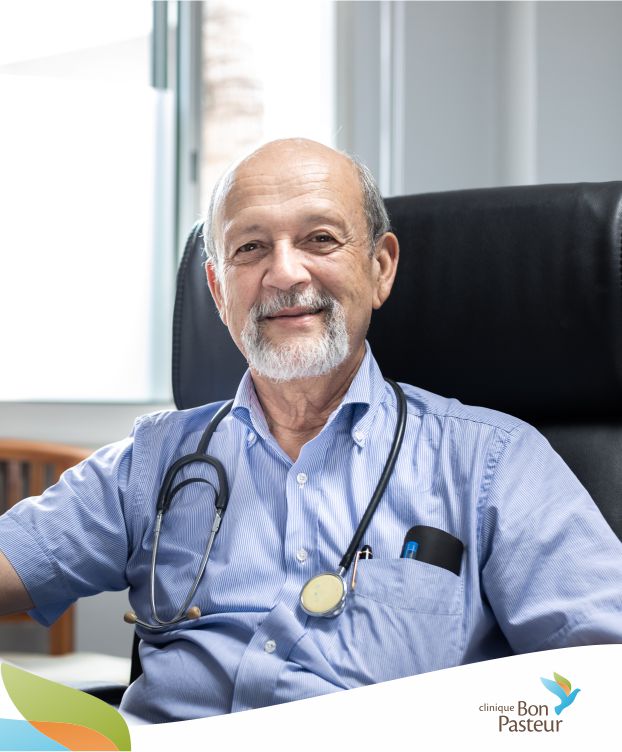
Related Article
